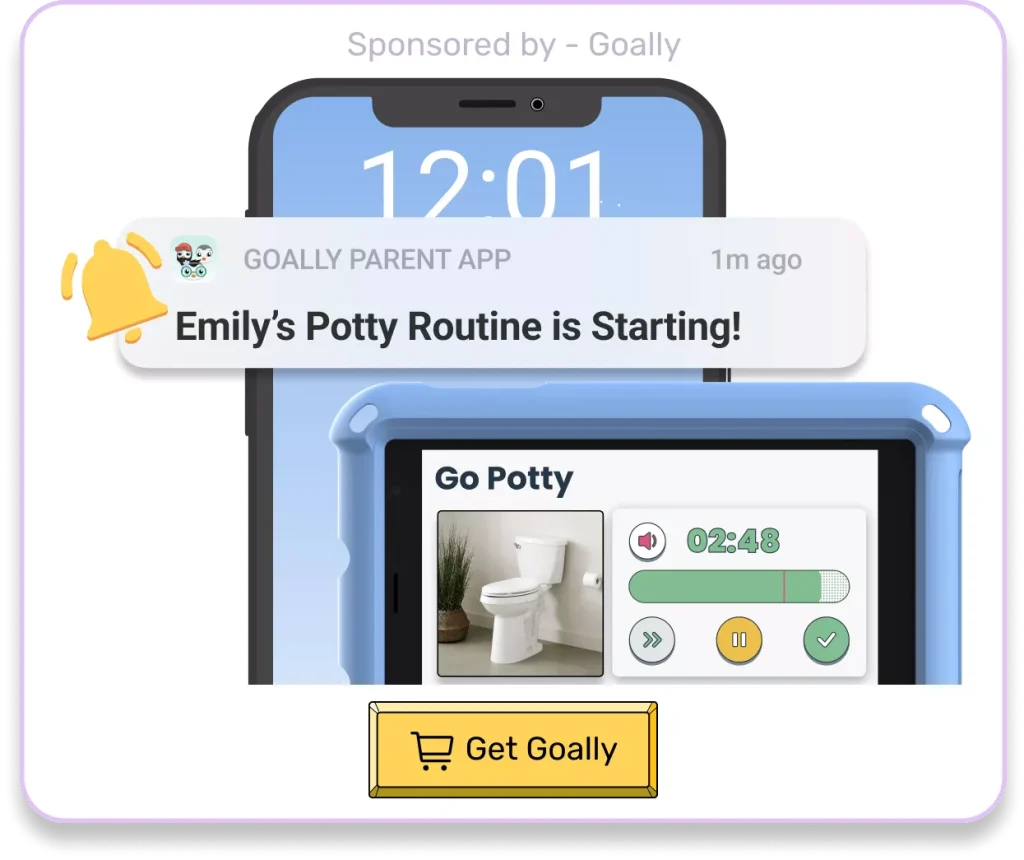Parenting a neurodivergent child can be a rewarding and challenging journey. In this blog post, we’ll explore practical strategies to support your autistic son, focusing on communication, social skills, and daily routines. We’ll also address concerns like “I think my son has autism; what should I do?” So, let’s embark on this empowering journey to help your child thrive. And remember, Goally is here to support you every step of the way.
Table of Contents
Understanding Autism: A Quick Overview
Firstly, it’s essential to understand that autism is a spectrum disorder, meaning it affects individuals differently. Some common characteristics include difficulties with social interaction, communication, and repetitive behaviors. However, autistic kids also possess unique strengths, such as attention to detail and problem-solving skills. By focusing on these strengths, you can help your child reach their full potential.
Moreover, it’s crucial to remember that every autistic child is unique. What works for one kid may not work for another. So, be patient and willing to adapt your approach as you learn more about your child’s specific needs and strengths.
Goally | Visual Scheduler for Autism
Does your child struggle with getting ready in the morning independently? Goally’s routine app on the best tablet for kids breaks down large tasks into small, achievable steps for autistic kids. Create custom routines with your own videos & pictures for every step.
Communication Strategies for My Autistic Son
Supporting your child’s communication skills is crucial for their development. Here are some strategies to consider:
- Visual aids: Many autistic kids are visual learners. Use visual aids like social stories, picture schedules, and visual prompts to help them understand and express themselves.
- Alternative communication methods: If your child struggles with verbal communication, explore alternative methods like sign language, picture exchange communication system (PECS), or speech-generating devices.
Additionally, it’s essential to encourage non-verbal communication and practice patience and repetition. Teach your child to use gestures, facial expressions, and body language to communicate their needs and emotions. Be patient and repeat instructions or questions when necessary, giving your child time to process and respond.

Read more: Is My Son on the Autism Spectrum?
Social Skills Development
Helping your autistic son develop social skills is vital for building relationships and navigating daily life. Here are some tips:
- Model appropriate behavior: Demonstrate proper social behavior by making eye contact, using polite language, and taking turns during conversations.
- Role-play: Practice social situations through role-playing. This can help your child understand social cues and learn appropriate responses.
Furthermore, using social stories and joining social groups can also be beneficial. Social stories teach your child about various social situations and expected behaviors. Encourage your child to participate in social groups or clubs to practice their social skills in a supportive environment. Goally offers a range of resources to help you in this area.
Establishing Routines and Structure
Autistic kids often thrive in structured environments. Creating routines and structure can help your child feel secure and reduce anxiety. Consider the following:

Read more: My Autistic Child Won't Brush Their Teeth | Parent's Guide
- Daily schedules: Create a visual schedule outlining daily activities, including mealtimes, school, therapy sessions, and leisure time.
- Consistency: Maintain consistent routines and expectations to help your child feel secure and understand what’s expected of them.
Additionally, preparing your child for transitions and organizing their environment visually can make a significant difference. Provide warnings and use visual cues, like timers or countdowns, for transitions. Use labels, color coding, and clear storage solutions to help your child stay organized and find items easily. Goally’s learning tablet can be a valuable tool in establishing routines and structure for your autistic child.
I Think My Son Has Autism, What Should I Do?
If you suspect your child may be autistic, it’s essential to seek a professional evaluation. Early intervention can significantly impact your child’s development and quality of life. Here are some steps to take:
- Consult your pediatrician: Share your concerns with your child’s pediatrician, who can provide guidance and referrals to specialists.
- Seek a professional evaluation: A comprehensive assessment by a team of professionals, including a psychologist, speech therapist, and occupational therapist, can help determine if your child has autism.
Once you have a diagnosis, explore intervention options and connect with support networks. Work with professionals to develop an individualized intervention plan that addresses your child’s unique needs. Reach out to local autism support groups, online forums, and parent networks to share experiences and resources. Goally is here to support you and your autistic child on this journey.
Empowering Your Autistic Child: The Path Forward
Supporting your autistic son involves understanding their unique needs, strengths, and challenges. By implementing communication strategies, fostering social skills development, and establishing routines, you can help your child thrive. And if you’re concerned about a potential autism diagnosis, remember that early intervention is key. With the right support, including resources from Goally, your neurodivergent child can lead a fulfilling and successful life.
FAQ’s about My Autistic Son
What are some effective learning tools for autistic children? Effective learning tools for autistic children include visual schedules, social stories, sensory tools, and assistive technology apps.
How can visual schedules help my autistic child? Visual schedules provide structure and predictability, helping autistic children understand daily routines and transitions.
Are there any recommended emotional regulation apps for autistic children? Yes, some recommended emotional regulation apps for autistic children include "Choiceworks," "Zones of Regulation," and "Breathing Bubbles."
How can rewards be used to motivate and support autistic children? Rewards can be used to reinforce positive behaviors, motivate autistic children, and encourage skill development.
Where can I find resources and tools for supporting my autistic child's learning and development? You can find resources and tools for supporting your autistic child's learning and development through autism organizations, educational websites, and app stores specifically designed for special needs children.
This post was originally published on 05/29/2023. It was updated on 09/05/2023.

Goally
We help parents teach their kids life skills, like doing bedtime and morning independently. Backed by science, we incorporate evidence-based practices and expert-informed designs in all of our apps and content.







